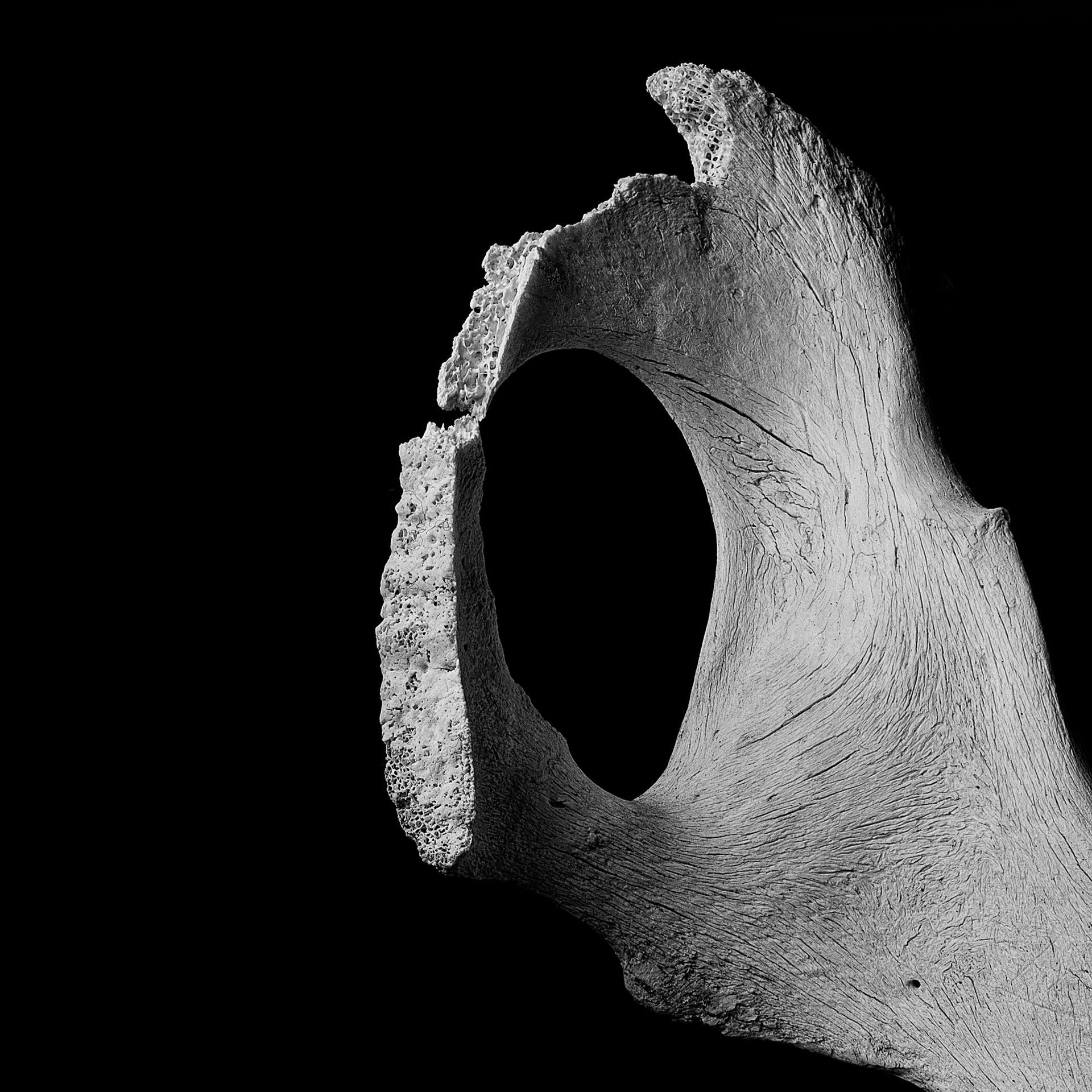Osteoporosis
Osteoporosis occurs when you lose too much bone, make too little bone or both. This causes your bones to become weak, and they can break from a minor fall, or in serious cases even from simple actions such as sneezing or lifting a heavy object.
If you have osteoporosis, the spaces in the bone are much bigger than in healthy bones. This means your bones have lost density or mass, and the structure of the bone tissue has become abnormal. As the bone continues to weaken, it is more likely to break.
-
Are you at risk?
Osteoporosis often progresses without symptoms and goes undetected until a fragility fracture occurs, with hip fractures tending to be the most serious. There are both uncontrollable and controllable risk factors, such as
- Age
- Family history
- Postmenopausal women
- Ethnicity (Asian or Caucasian descent)
- Low body weight/small, thin frame
- Certain medications that can cause bone loss
Our Clinical Team
You will be cared for by numerous members of our team, working under the direction and supervision of our program director, Betsy Shook, MD.
Dr. Devich treats patients in our BHS Crossroads Campus and North Hills offices.
Rashelle Maderitz, DMSc, MPAS, PA-C, treats patients in our Butler-Clearview, Cranberry/Mars, North Hills and Slippery Rock offices.
Dr. Miller treats patients in our BHS Crossroads Campus and Slippery Rock offices.
Dr. Shook treats patients in our Cranberry/Mars and Slippery Rock offices.
FAQs
Got a question? We’re here to help.
-
What is a bone density scan (DXA)?
Bone densitometry, using an advanced technology called DXA -- sometimes pronounced "dexa" and short for dual-energy X-ray absorptiometry -- safely, accurately and painlessly measures bone mineral density (BMD). DXA is today's established standard for measuring BMD.
-
What to expect at the procedure
Before the procedure, you should:
- Eat normally. There is no need to modify your daily diet or medications prior to the procedure.
- Wear loose, comfortable clothing without zippers, belts or buttons made of metal.
- Wait 10 to 14 days before undergoing a DXA scan if you recently had an X-ray procedure with barium or contrast (i.e., upper GI, CT scan, MRI).
- Always inform your physician and X-ray technologist if there is any possibility you are pregnant.
-
Can I get a DXA scan at Tri Rivers?
Yes, you can. Tri Rivers has its own DXA scan and it is located at our Brooktree location in Wexford. Click here for directions.
Make your musculoskeletal health a priority!
Locations
Primary Locations
Other Locations
UPMC Primary & Specialty Care-Sewickley
EMG Services Only-Armstrong County Memorial Hospital
Hospital Affiliations
UPMC Passavant Hospital-Cranberry
UPMC Passavant Hospital-McCandless
Outpatient Surgery Centers
The Surgery Center at Benbrook
Physicians
William
D. Abraham, MD
D. Kelly Agnew, MD
Eric A. Chen, MD
James L. Cosgrove, MD
James A. Craig Jr., DO
Mark R. DeCotiis, MD
Joseph Devich Jr., DO
Christopher T.
Edwards, MD
Anna K. Gaines, MD
Trenton M. Gause, MD
Trenton M. Gause II, MD
Megan Groh Miller, MD
Thomas S. Muzzonigro, MD
Corey A. Pacek, MD
H. James Pfaeffle, MD, PhD
Scott G. Rainey, DO
Edward D. Reidy, MD
John M. Richmond, MD
William E. Saar, DO
Betsy F. Shook, MD
S. Joshua Szabo, MD
Robert L. Waltrip, MD
Benedict C. Woo, MD
Contact Tri Rivers
Telephone
1-866-874-7483
Mailing Address Only
7500 Brooktree Road
Suite 302
Wexford, PA 15090








